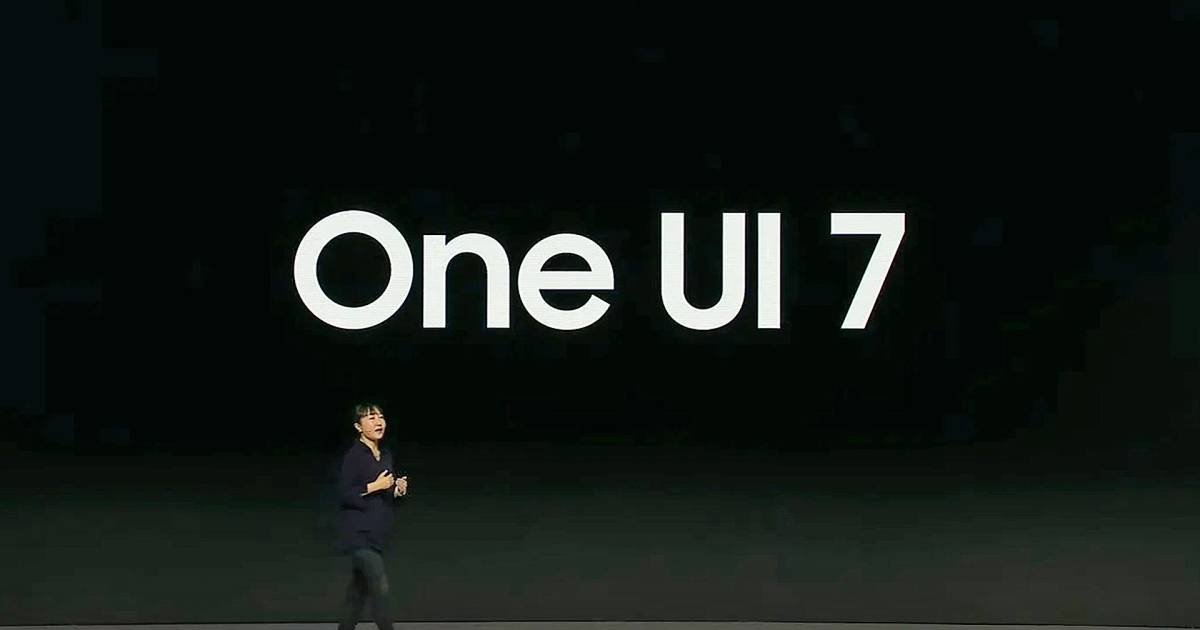Google is advancing its artificial intelligence capabilities through the Gemini family of models, showcasing significant improvements in multimodal functionalities that integrate text, audio, image, and video processing. The recent updates introduce the Gemini 1.5 Flash and 1.5 Pro models, both of which are designed to handle complex, high-volume tasks more efficiently.
The Gemini 1.5 Flash is tailored for speed and efficiency, optimized for high-frequency tasks like summarization, chat applications, and data extraction. It offers a breakthrough with its 1 million token context window, providing substantial improvements over previous models. This lighter-weight model serves as a distilled version of the more robust 1.5 Pro, inheriting and refining its capabilities for rapid and cost-effective deployments.
On the other hand, the Gemini 1.5 Pro model builds upon the foundation set by the original Gemini 1.0 Ultra, delivering enhanced performance with a focus on long-context understanding. This model supports up to a 2 million token context window for in-depth processing and is currently available to developers and enterprise customers through Google AI Studio and Vertex AI
Google’s Project Astra further extends the capabilities of the Gemini models. This initiative focuses on developing AI agents that can process and understand multimodal information in real-world contexts, facilitating natural and intuitive interactions. Project Astra aims to create AI that is not just a sophisticated software but a genuinely helpful assistant in daily tasks.
The development of these models leverages Google’s state-of-the-art research in machine learning architectures, including Mixture-of-Experts (MoE) and Transformer models. These technologies enable the Gemini models to operate efficiently by activating only the most relevant parts of the network based on the input type.
These advancements are not just technical milestones but are poised to transform how developers and businesses use AI, making it a more integrated part of solutions that require understanding and processing diverse data types seamlessly.
Google’s continuous innovation in AI, especially with the Gemini family, underscores its commitment to enhancing the utility and accessibility of AI technologies, aiming to make them more beneficial for a broader audience. This approach not only pushes the envelope in AI research but also ensures that the benefits of these technologies are widely distributed and ethically aligned with societal needs.



















Add Comment